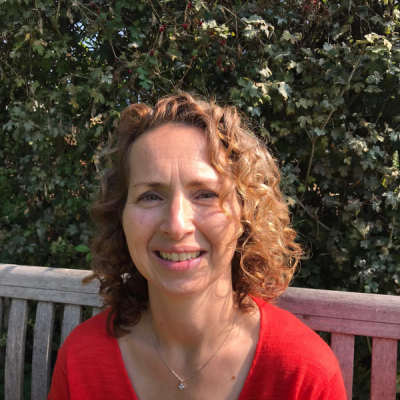Mental health support: Where to start?
When we are feeling low or anxious, it can be challenging to reach out and ask for support, and then when we feel we can, who do we contact? In this article, I have put together a list of resources of places to start. Often there is no one size that fits all but there is an abundance of supportive organisations and individuals out there who can help. Just keep going until you find the one that suits your needs.

NHS
Did you know the NHS covers all aspects of health - including mental health - so your GP is equipped to support you? They can prescribe medication, advise you of local support services and can arrange referrals when necessary. Also, if you or someone else has a mental health emergency then you can go to A&E, just as you would if you had a physical emergency.
You can also call 111 if you have an urgent but non-life-threatening situation. Again this includes mental health.
Free or low-cost counselling
Although each county has different services there are often low-cost or free counselling services that are available. Your GP or local authority should be able to help you or Google what is in your area.
Mental health charities
There are some brilliant websites that can offer information, support and guidance to adults, young people and parents. Take a look below, you’ll be amazed at what you can find:
There are lots more but these are good places to start and they can signpost you to something more specific to individual needs.
Crisis support
If you are experiencing a mental health crisis then here are a few numbers to call:
- Samaritans 116 123 (free 24-hour helpline)
- Papyrus 0800 068 4141 (prevention of young suicide)
- If you're in immediate danger, call 999 or visit A&E
Employee assistance programmes (EAP)
Many employers offer an employee benefit programme that is supplied by an external company. These programmes are intended to help employees deal with personal problems that could impact their work performance and personal well-being.
The issue could be with you or any member of your family and you can contact them confidentially for support (your employer won't be informed if you use the service). Often, they offer an assessment, short-term counselling and advice. Contact your HR department to see if your employer offers this benefit, or often the details are on your internal intranet.
Schools and universities
Most schools and universities have mental health support, commonly in the form of in-house counselling. We are generally told about these during our induction but if we don't need the service at the time we often forget and overlook them. If you or your child are in education and need mental health support, ask them what mental health provisions they have in-house. The help you need is often on your doorstep.
Private talking therapy
Alternatively, you could contact a privately practising psychotherapist or counsellor and you will probably get an appointment within a week or two. The difference between these services is that a psychotherapist will work with more chronic complex issues and a counsellor will work on perhaps a specific issue that can be resolved in a short time period.
However, the most important aspect of any talking therapy is the person you meet. If you find a therapist online that you like, call them to discuss your needs and get a feel as to whether you can build a trusting relationship with them.
The stigma about mental health is changing and now there are many organisations and networks committed to the cause. One of the most important things is that you don’t suffer alone; once you have reached out, things can get better and often do quickly.
Sitting alone with mental ill-health is understandable and natural although it doesn't help. So get online, pick up the phone or tell someone you trust about your struggle. This is a step towards getting you the support you need. Take action today.

Find a therapist dealing with Anxiety
All therapists are verified professionals






